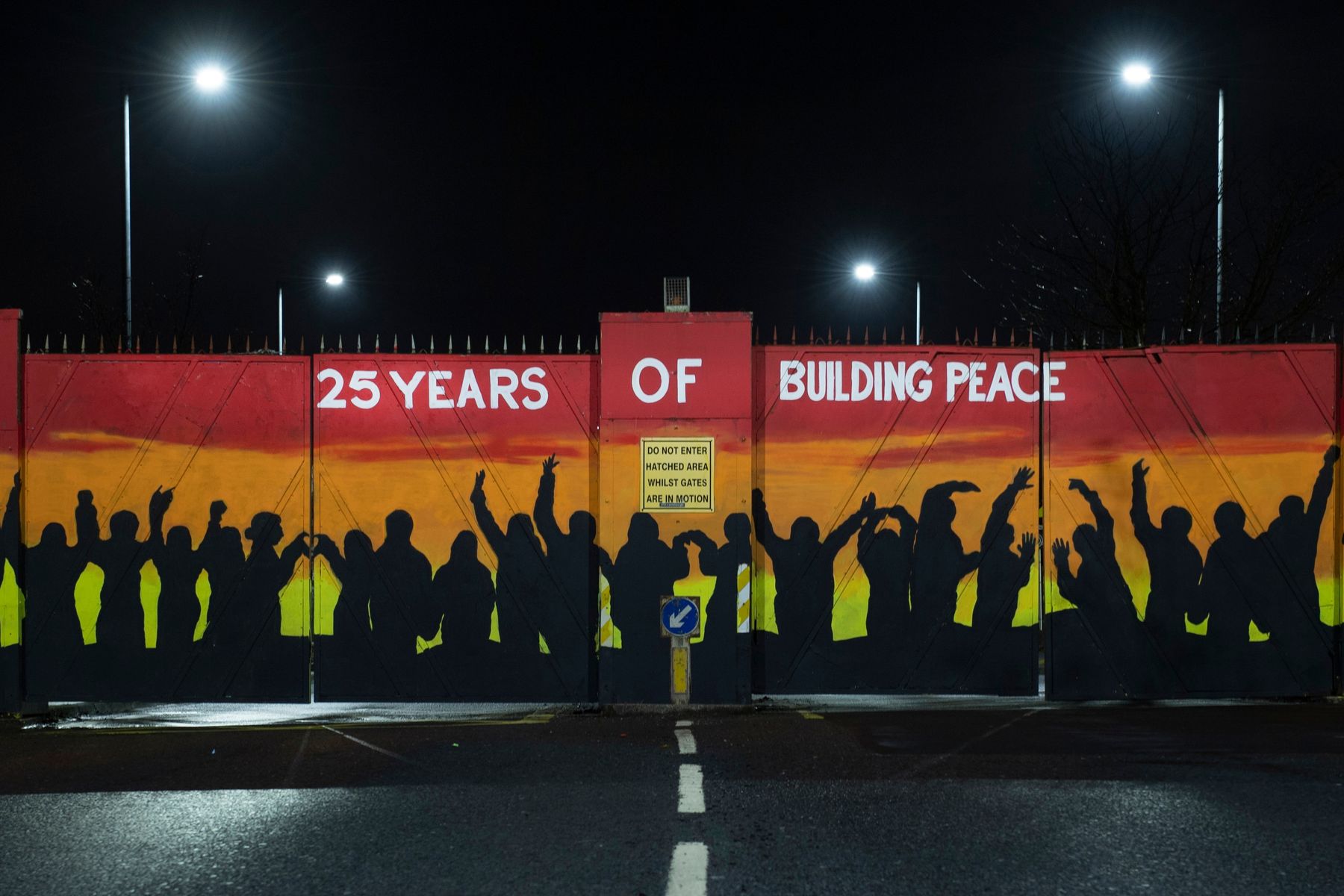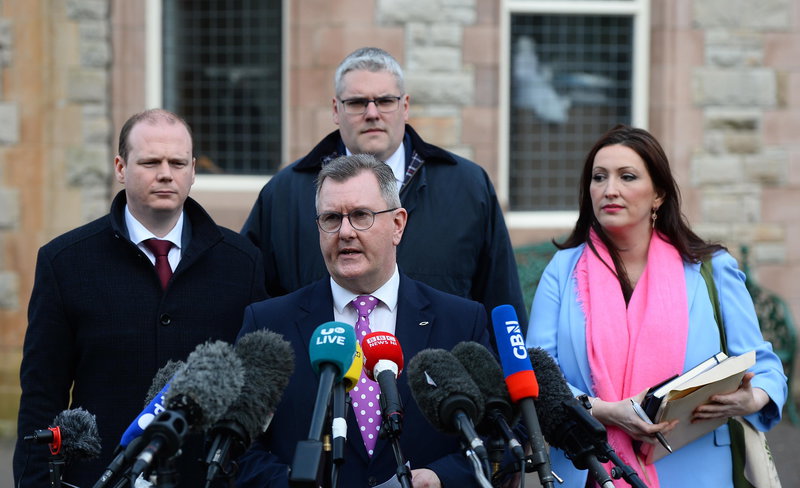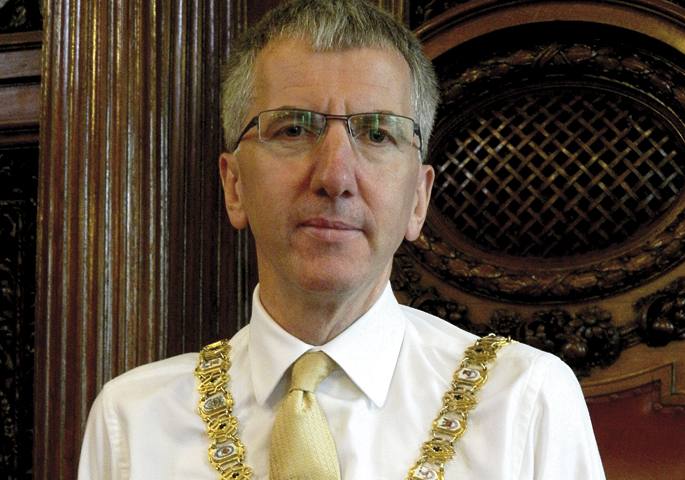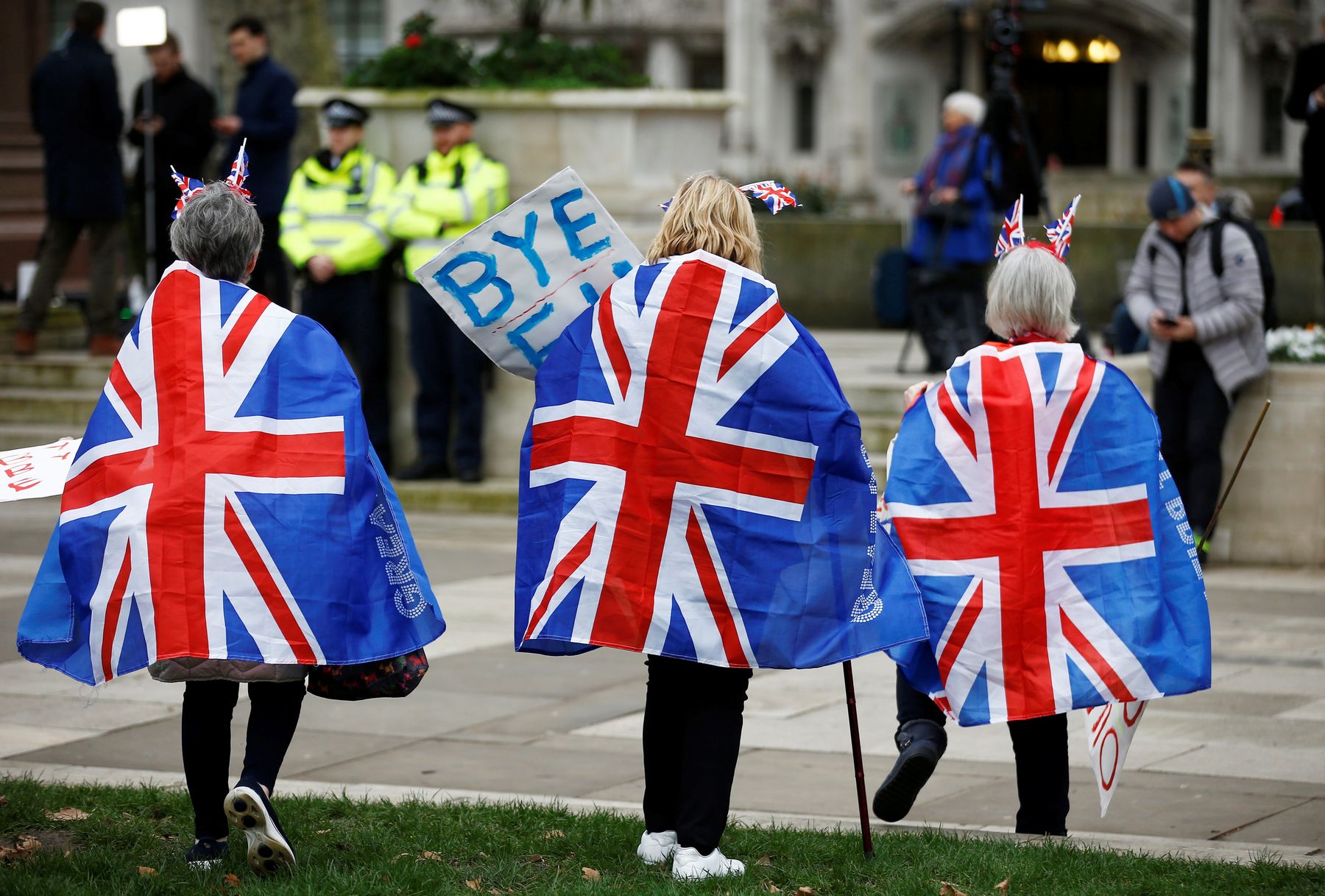Ireland, first official language in Northern Ireland
- On 6 December 2022, one of the historic demands of the Republican movement in Northern Ireland was realized: from that date, it is for the first time the official language of Ireland in the six counties of Northern Ireland.

The curious thing is that the new island law has been passed by the London parliament, not by the Northern Ireland parliament. Because London took over the governance of Northern Ireland in 2021, when the situation in the six counties became ungovernable, its main Unionist Party (DUP), over and over again, after blocking the composition of the new government it had to share with Sinn Féin. Accordingly, the new language law (“Identity and Language Bill”) has been processed and approved by London.
The new Gesa standardization law has largely followed the model of the 1993 law.
On 21 May 2022, the streets of Belfast saw a major demonstration in favour of the language’s official status. This, as well as the criticisms received by the UK Government of the Commission of Experts on the Charter of European Minority Languages for not taking measures in favour of the Island, ratified by the UK in 2001, has accelerated London’s recognition of the island’s official status.
The new law has not only achieved the approval of Sinn Féin and SLDP, but also of the Northern Ireland and Green Alliance. On the contrary, the Unionist parties have strongly condemned it. Arlene Foster, leader of the DUP, for example, spoke of irony saying that in Northern Ireland it made more sense to pass a law in favour of Polish than a law in favour of Irish Gaelic, because in the six counties Polish has more speakers than Irish.
About 4% of the population speak of Gaelic in Northern Ireland. But it's only 0.2 percent of everyday use. However, at the time of the Irish division (1921), Irish speaking communities still existed in Northern Ireland.

Language associations are happy, but they have been suspicious to see the development of the new law. Paula Melvin, President of Conradh na Gaeilge, spoke without a voice: “The new law must comply with international standards of language laws. We will continue to fight to see the content of the new law materialised. Experience with the British government has led us to never assume anything.” And he added that “this law, in any case, is not our last destination.”
It is still about to see whether the new law puts an end to the historical marginalization suffered by the invaders from the six counties… And how far is it developed enough for public services to be able to serve in the two official languages.
The Treaty of Good Friday of Northern Ireland, which has become a world benchmark in the resolution of armed conflicts, has reached a quarter century. The 1998 agreement was aimed primarily at ending violence. Violence has been greatly reduced, but it does not disappear. For... [+]
Belfasteko alkatea da iragan ekainaren 3tik. Sinn Feineko alkatea. Ez da alderdi horretako lehena baina, alderdi unionisten hainbeste urtetako nagusitasunaren ondoren, oraindik ere berezia egiten da. Datorren urteko ekainera arte izango da alkate. Bere leloa:... [+]
Pat Finucane Center (PFC) is a non-governmental organization dedicated to the recovery of human rights and truth, where Paul O’Connor has been working since 1992. The partnership is supported by money from the European Union and the Irish Government. Pat Finucane, a Belfast... [+]
Europako Batasuna 1993an sortu zenetik kide berriak gehitu dira bata bestearen atzetik. Joan den ostiralera arte 28 estatuk osatu dute makro-egitura politiko eta ekonomiko hori. Izan ere, urtarrilaren 31 historiara pasako da, EBk izan duen lehen zatiketaren eguna izan delako... [+]























